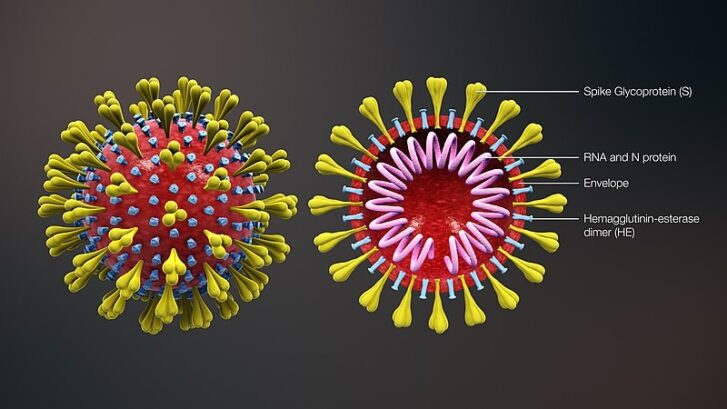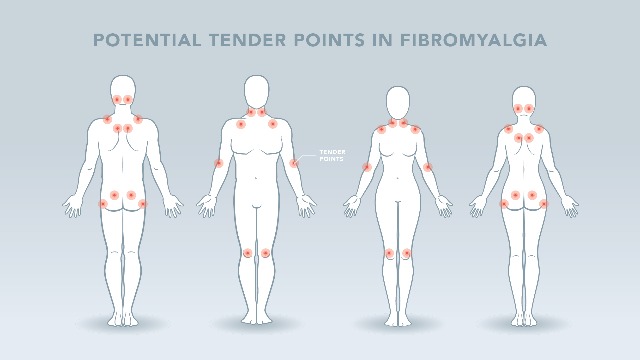Five Reasons Why COVID-19 Is Not ‘Just the Flu’
Our concierge doctors at MD 2.0 in Jupiter have heard many of those pushing back against social distancing restrictions wondering why such a fuss is being made over the viral respiratory illness COVID-19. They claim it’s just another type of flu.









